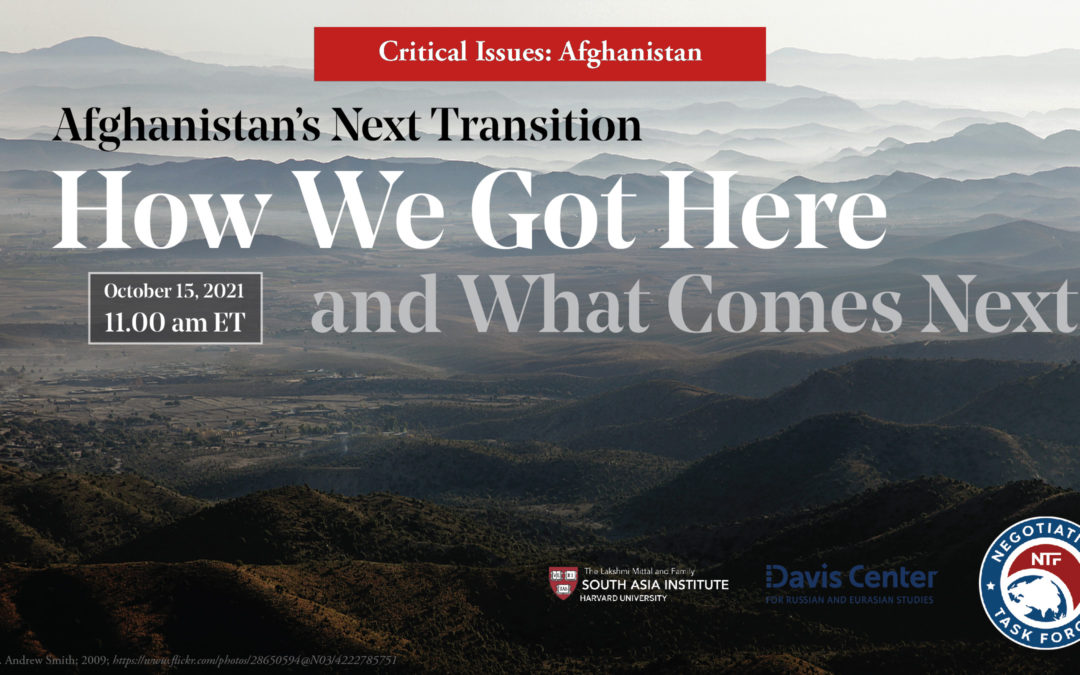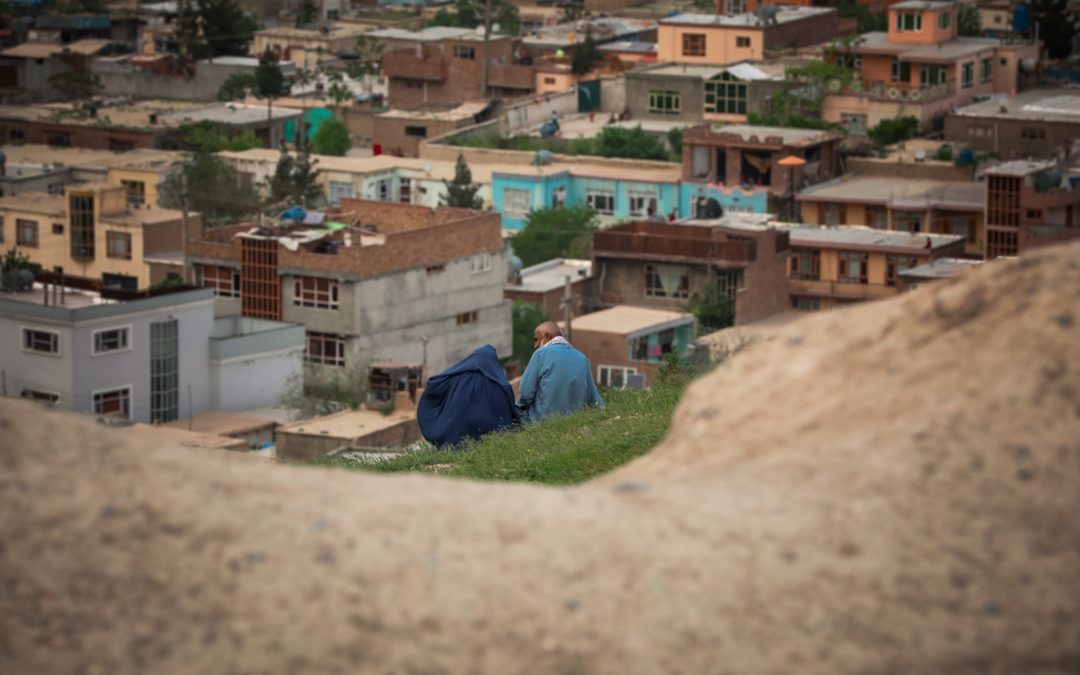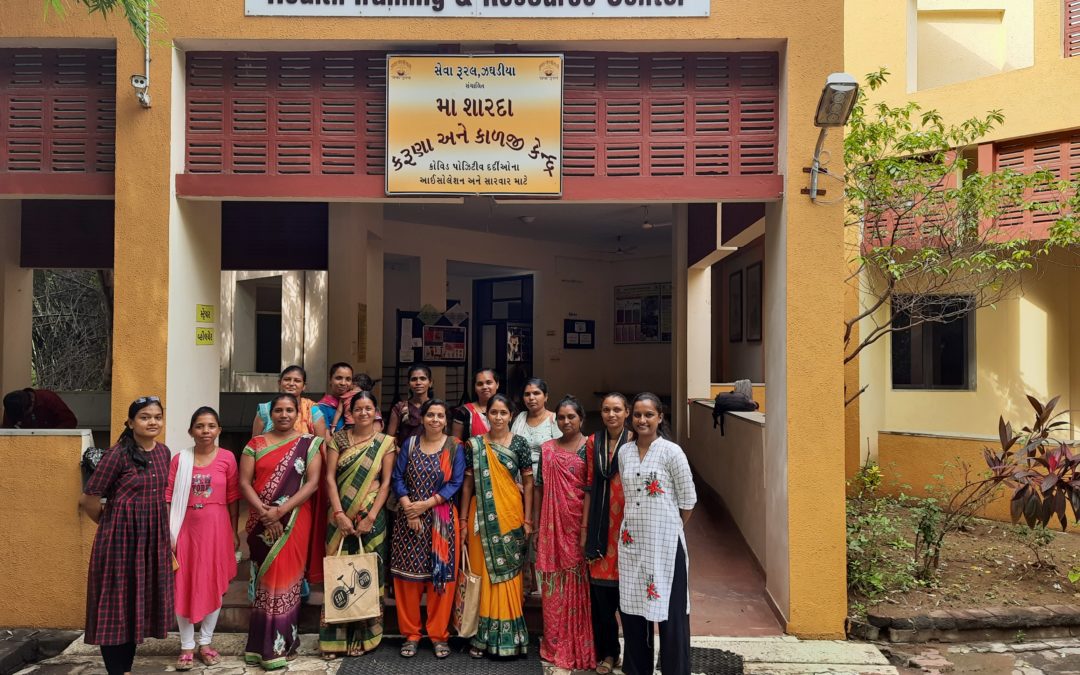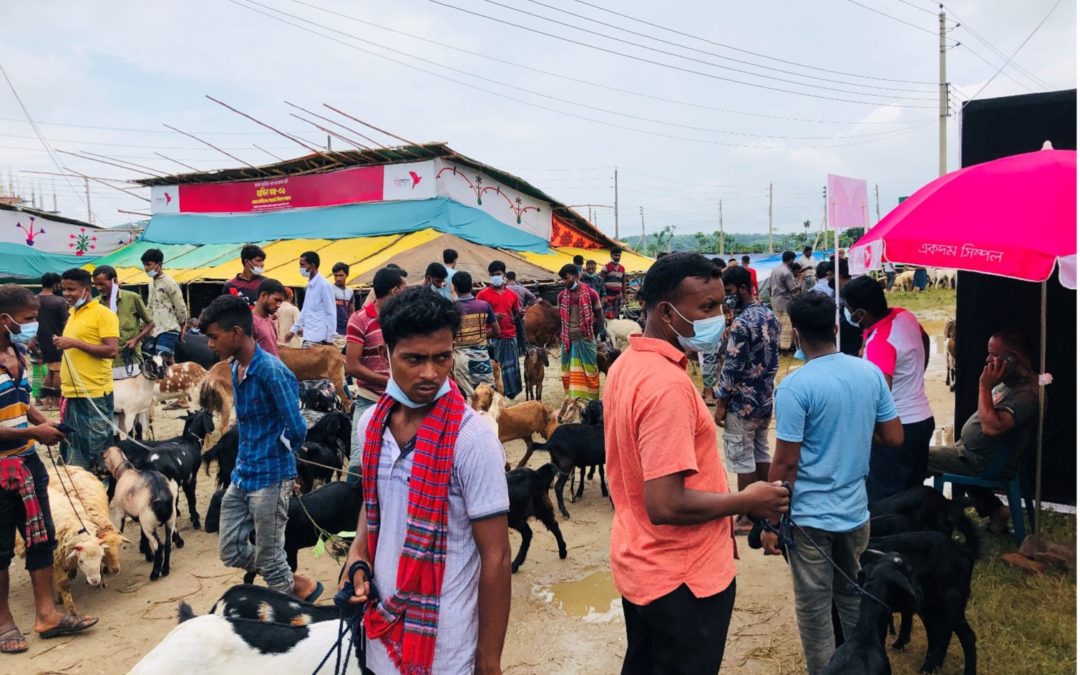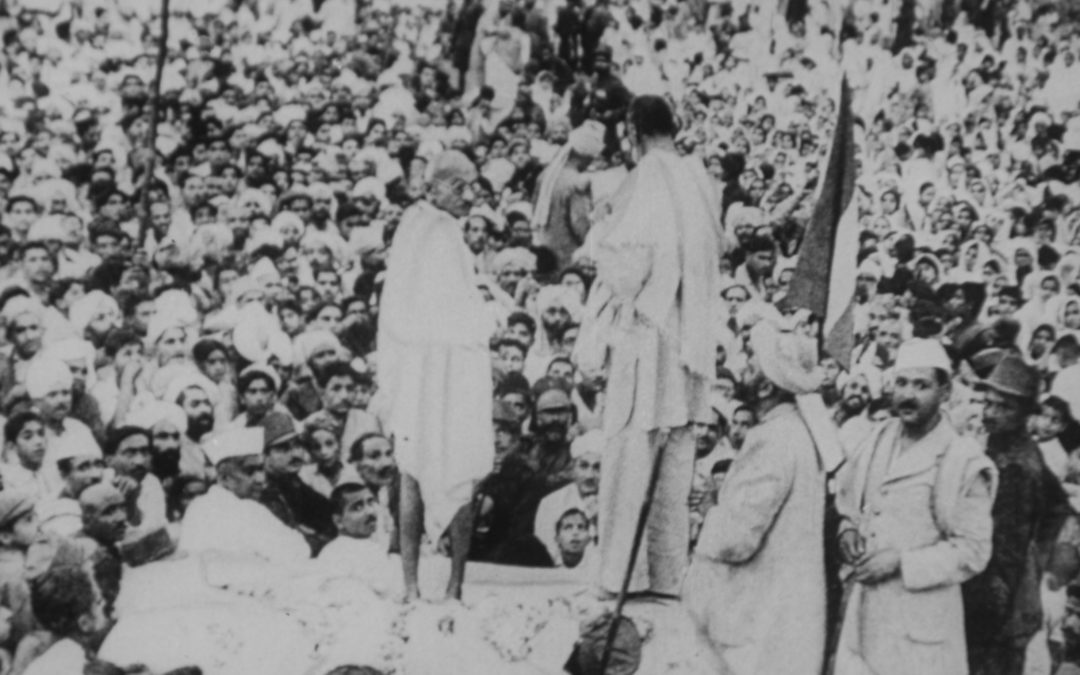On Friday, October 15, the Mittal Institute and the Negotiation Task Force present “Afghanistan’s Next Transition: How we got here, and what comes next,” a focus on the US withdrawal from Afghanistan. Discussants will explore the lead up to the collapse of the Afghan government, and what the new Taliban regime means for the future of the country and its people. Arvid Bell spoke with the Mittal Institute about his work, and what we can expect the panelists to cover at the October 15 event. Arvid is a scholar and entrepreneur who specializes in complex conflict analysis, negotiation strategy, and international security. He is lecturer on Government at Harvard University, Director of the Negotiation Task Force at the Davis Center for Russian and Eurasian Studies, and Partner at Negotiation Design & Strategy (NDS), a training, advisory, and research development group.
